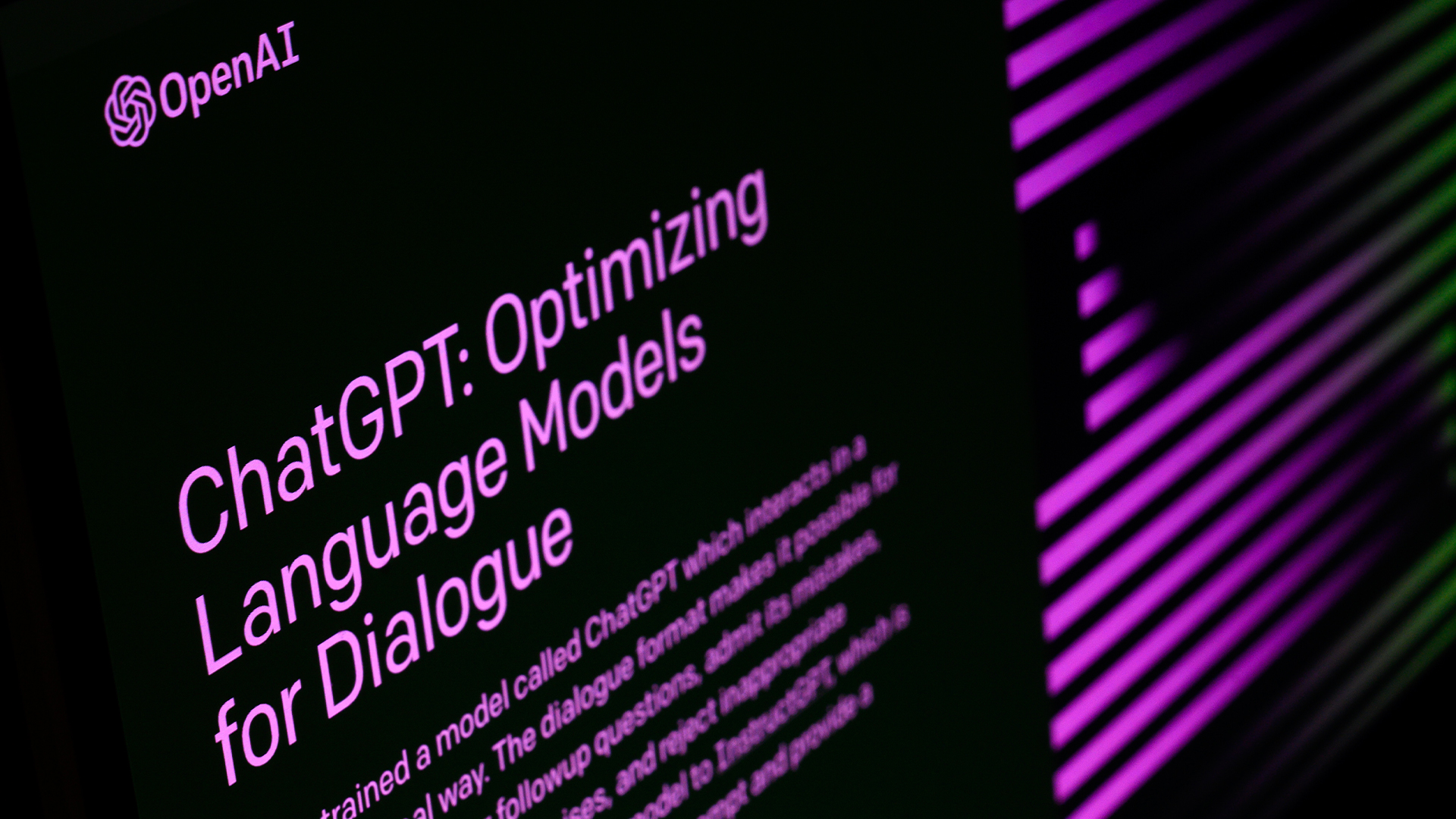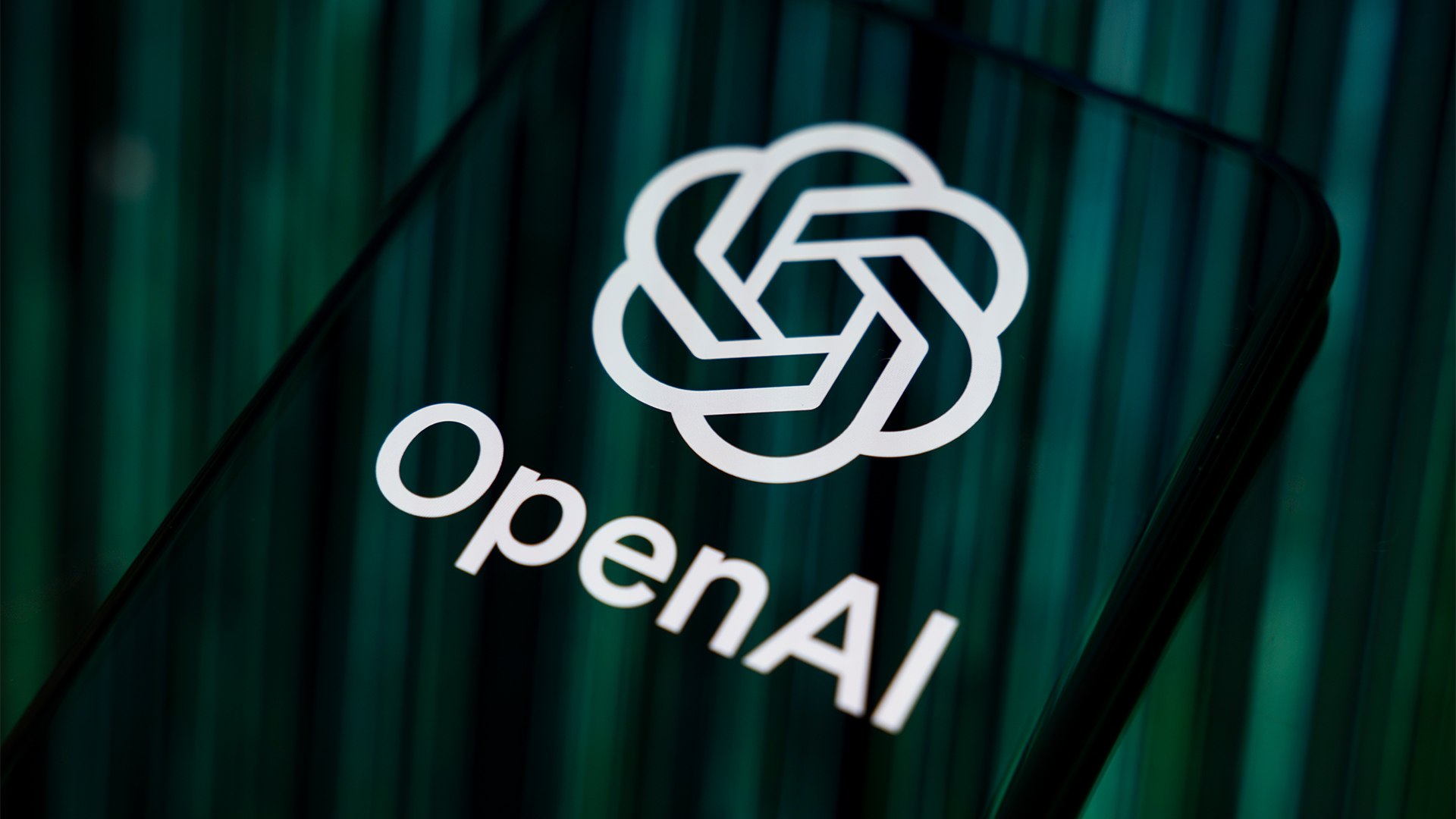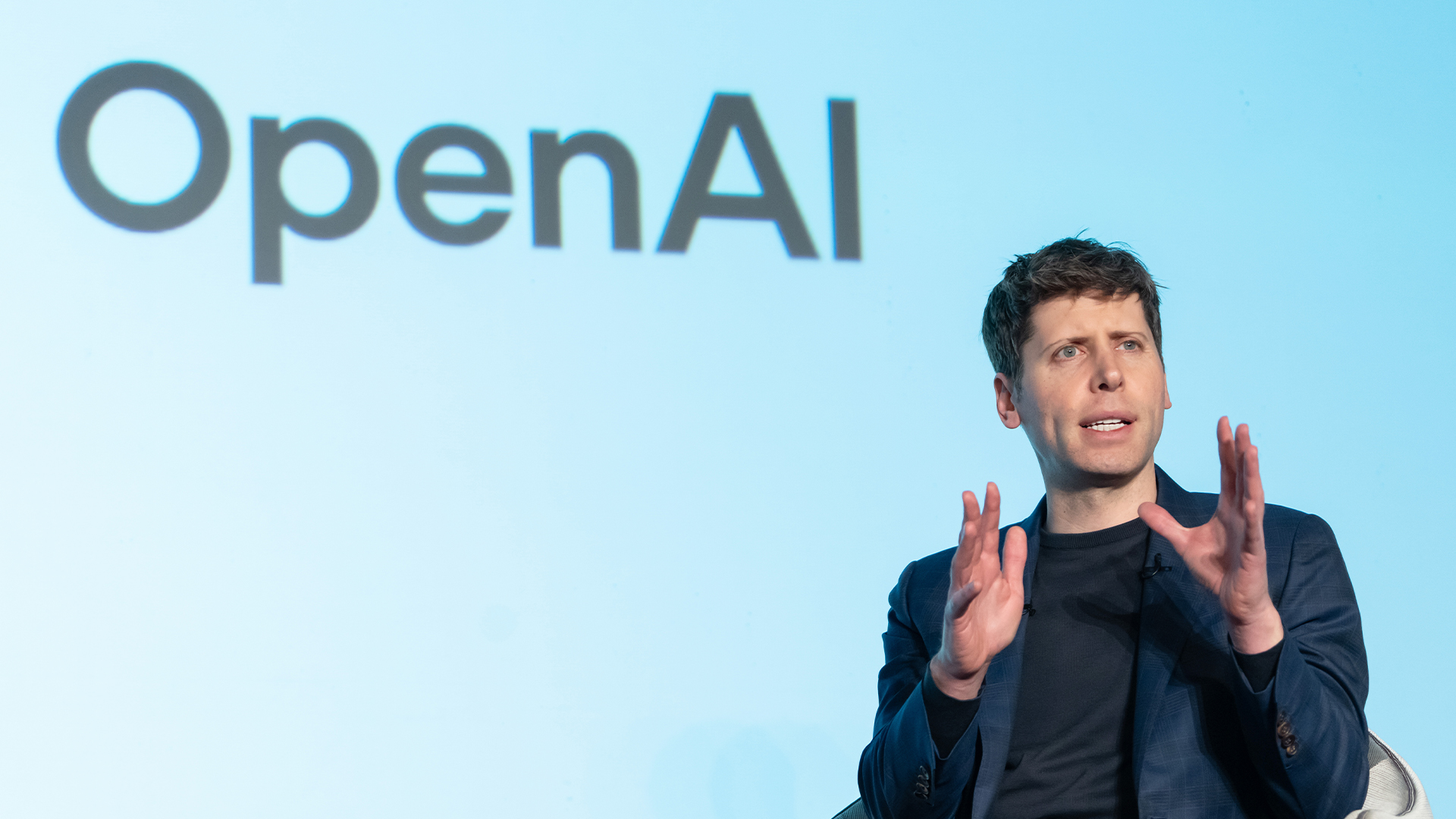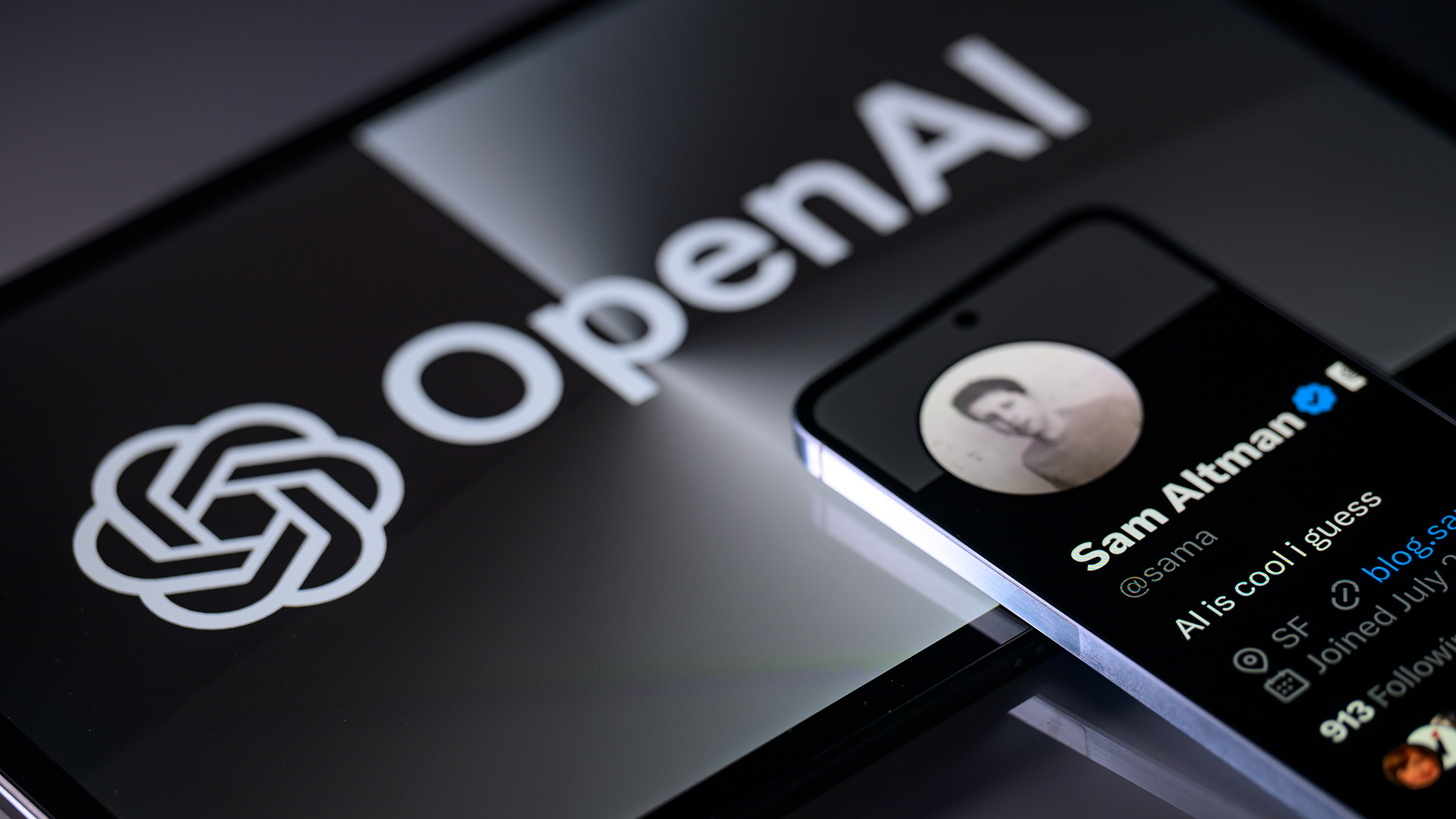ChatGPT answers still can’t be trusted as EU regulators cite GDPR non-compliance
ChatGPT is still inaccurate when it comes to returning responses to users, EU lawmakers have warned


ChatGPT’s responses are still littered with inaccuracies and OpenAI has not done enough to remedy the issue to make the platform GDPR compliant, according to EU regulators.
According to a task force focused specifically on examining the use of ChatGPT, OpenAI’s flagship chatbot is problematic in that the content it generates is often likely to be taken as fact despite inaccurate answers to user queries.
“The outputs provided by ChatGPT are likely to be taken as factually accurate by end users, including information relating to individuals, regardless of their actual accuracy,” the task force said.
Lawmakers advised OpenAI to take the necessary steps to ensure that users understand that ChatGPT’s “generated text, although syntactically correct, may be biased or made up”.
Though OpenAI has taken some measures, according to the watchdog, it has not done enough to make the platform fully compliant with GDPR standards and principles.
“Although the measures taken in order to comply with the transparency principle are beneficial to avoid misinterpretation of the output of ChatGPT, they are not sufficient to comply with the data accuracy principle, as recalled above,” the task force said.
The ChatGPT task force was set up last year by the European Data Protection Board (EDPB) “to foster cooperation and to exchange information on possible enforcement actions conducted by data protection authorities”.
Sign up today and you will receive a free copy of our Future Focus 2025 report - the leading guidance on AI, cybersecurity and other IT challenges as per 700+ senior executives
The move followed enforcement action undertaken by the Italian data protection authority in April 2023 which saw the Italian government ban ChatGPT. Italy has since lifted its ban on the platform.
Accuracy is an ongoing concern in generative AI
CPO and CTO of xDesign Jeff Watkins told ITPro that accuracy is a difficult issue for generative AI platforms and large language models (LLMs).
Under GDPR, reasonable measures must be taken to remove inaccurate data, and regulators have grown concerned that some generative AI platforms are in breach of the legislation.
“If the model itself is generating inaccurate data due to hallucinations, trying to fix these errors is like playing whack-a-mole with a probability engine,” Watkins said.
ChatGPT has found itself susceptible to issues of inaccuracy, with the platform having been found to provide inaccurate answers to coding questions over 50% (52%) of the time in 2023.
RELATED WHITEPAPER

While OpenAI’s CEO has described inaccuracies and hallucinations as part of the “magic” of generative AI, there is still a clear need for many to consider the practical implications of inaccuracy, especially regarding GDPR.
While notable industry experts such as Dell CTO John Roese have stated recently that hallucinations are no longer much of an issue, platforms such as GitHub Copilot are still returning problematically erroneous code.
According to Watkins, generative AI developers will need to prove their credentials going forward when it comes to data accuracy, showing users “they’re improving on inaccuracies and providing sources”.

George Fitzmaurice is a former Staff Writer at ITPro and ChannelPro, with a particular interest in AI regulation, data legislation, and market development. After graduating from the University of Oxford with a degree in English Language and Literature, he undertook an internship at the New Statesman before starting at ITPro. Outside of the office, George is both an aspiring musician and an avid reader.
-
 Microsoft unveils Maia 200 accelerator, claiming better performance per dollar than Amazon and Google
Microsoft unveils Maia 200 accelerator, claiming better performance per dollar than Amazon and GoogleNews The launch of Microsoft’s second-generation silicon solidifies its mission to scale AI workloads and directly control more of its infrastructure
-
 Infosys expands Swiss footprint with new Zurich office
Infosys expands Swiss footprint with new Zurich officeNews The firm has relocated its Swiss headquarters to support partners delivering AI-led digital transformation
-
 DeepSeek rocked Silicon Valley in January 2025 – one year on it looks set to shake things up again with a powerful new model release
DeepSeek rocked Silicon Valley in January 2025 – one year on it looks set to shake things up again with a powerful new model releaseAnalysis The Chinese AI company sent Silicon Valley into meltdown last year and it could rock the boat again with an upcoming model
-
 OpenAI says prompt injection attacks are a serious threat for AI browsers – and it’s a problem that’s ‘unlikely to ever be fully solved'
OpenAI says prompt injection attacks are a serious threat for AI browsers – and it’s a problem that’s ‘unlikely to ever be fully solved'News OpenAI details efforts to protect ChatGPT Atlas against prompt injection attacks
-
 OpenAI says GPT-5.2-Codex is its ‘most advanced agentic coding model yet’ – here’s what developers and cyber teams can expect
OpenAI says GPT-5.2-Codex is its ‘most advanced agentic coding model yet’ – here’s what developers and cyber teams can expectNews GPT-5.2 Codex is available immediately for paid ChatGPT users and API access will be rolled out in “coming weeks”
-
 OpenAI turns to red teamers to prevent malicious ChatGPT use as company warns future models could pose 'high' security risk
OpenAI turns to red teamers to prevent malicious ChatGPT use as company warns future models could pose 'high' security riskNews The ChatGPT maker wants to keep defenders ahead of attackers when it comes to AI security tools
-
 Some of the most popular open weight AI models show ‘profound susceptibility’ to jailbreak techniques
Some of the most popular open weight AI models show ‘profound susceptibility’ to jailbreak techniquesNews Open weight AI models from Meta, OpenAI, Google, and Mistral all showed serious flaws
-
 'It's slop': OpenAI co-founder Andrej Karpathy pours cold water on agentic AI hype – so your jobs are safe, at least for now
'It's slop': OpenAI co-founder Andrej Karpathy pours cold water on agentic AI hype – so your jobs are safe, at least for nowNews Despite the hype surrounding agentic AI, OpenAI co-founder Andrej Karpathy isn't convinced and says there's still a long way to go until the tech delivers real benefits.
-
 OpenAI signs another chip deal, this time with AMD
OpenAI signs another chip deal, this time with AMDnews AMD deal is worth billions, and follows a similar partnership with Nvidia last month
-
 OpenAI signs series of AI data center deals with Samsung
OpenAI signs series of AI data center deals with SamsungNews As part of its Stargate initiative, the firm plans to ramp up its chip purchases and build new data centers in Korea